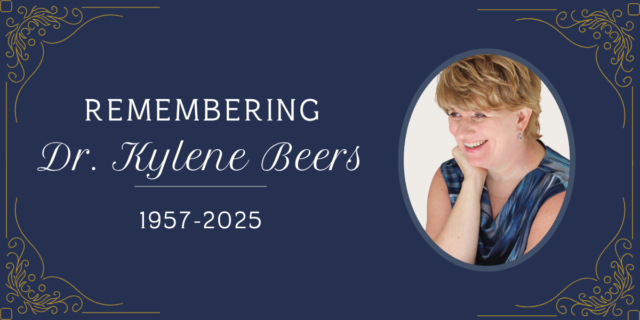
By Kylene Beers
Recently, one of my professional heroes won a huge award: The Global Teacher Prize. It was won by the extremely deserving Nancie Atwell. She then, in perfect Nancie style, announced that the full $1 million award would go to her school. I say, “perfect Nancie style” because she has always been the person to put kids first, to put fellow-teachers first, to put teaching and learning first.
Perhaps that’s why her comment during a live interview with CNN stunned many. When asked what advice she’d give to young people thinking about entering the profession, she said she couldn’t encourage young people to become public school teachers. She explained that in this climate, the restrictions on public school teachers are just too much and so she couldn’t honestly encourage folks to go there.
Her comment stunned me, too. At first. And then when I thought about it, I realized that, once again, Nancie was doing what we've always looked to her to do: speak the truth. This is an incredibly difficult time to be a teacher—and that’s for the seasoned teacher who has years of experience. That’s for the teacher who knows research that can be used to try to counteract bad practices if not in her district, then at least in her school. That’s for the teacher who understands that many educational policies will change if you can just wait it out. That's for the teacher who has found his or her voice and knows how to respectfully, but assuredly, stand up for kids and best practices.
I wonder if once again Nancie didn't do what she does best: say what's hardest to hear.
But for the novice teacher—that person still figuring out how to take roll while listening to three students explain why homework wasn’t done, while answering another student’s request to run back to the locker, while signing something that a runner from the office just thrust into his or her hands, while wondering how to get the class started when too many kids are still turned around talking to buddies—that teacher can feel overwhelmed when district- or building-adopted policies seem to stand in complete opposition to all that he or she has learned is a best practice.
And when I think of that teacher, that novice teacher, I wonder if once again Nancie didn’t do what she does best: say what's hardest to hear.
Nancie started me on a journey of rethinking practices when I first read In the Middle. At first, I stood on the edges of being in the middle—I bought bean-bag chairs and lamps and a lot of books and plants (which I promptly forgot to water) and said to the kids, “Now you read and then write me letters and I'll write back.” Let's just say that didn’t work out so well. It seems that Nancie was saying a lot more about reading and writing workshop than what I first grasped. Workshop is first and most importantly about, well, work! Little by little, over years, I’ve come closer to understanding many of the guiding principles Nancie offered us all in that groundbreaking book. Never once did Nancie budge from her principles: kids need choice in what they read; kids need opportunity to write about what they've read; kids need time to read widely and read deeply; kids need teachers who are readers and writers; curriculum built to a test has no place in a school; schools focused on test-prep have placed the value of the test above the value of a child. And when our system is so focused on standards and tests and racing to the top that we fail to see the child before us, perhaps we can no longer in good faith encourage people to head into this profession.
And, yet, of course we must. Of course we want our brightest and our smartest, our most empathetic and our most energetic entering this profession. We want them to enter demanding to know why teaching to a test would ever be more important than teaching to a child. We want them right in the middle of all that needs to change. We want them becoming the next generation of people who will lead all the changes we'll continue to need in this wonderful thing call education. I have no doubt that this year Nancie will be one of those leaders who calls us all to action; who says what must be said; who stands there with us, in the middle, showing us the work that must be done.
Always the teacher, Nancie remains one of my heroes.
♦ ♦ ♦ ♦
Kylene Beers is the author of When Kids Can't Read—What Teachers Can Do and the coauthor with Robert Probst of Notice and Note: Strategies for Close Reading. Follow Kylene on Twitter @KyleneBeers and visit her web site.


